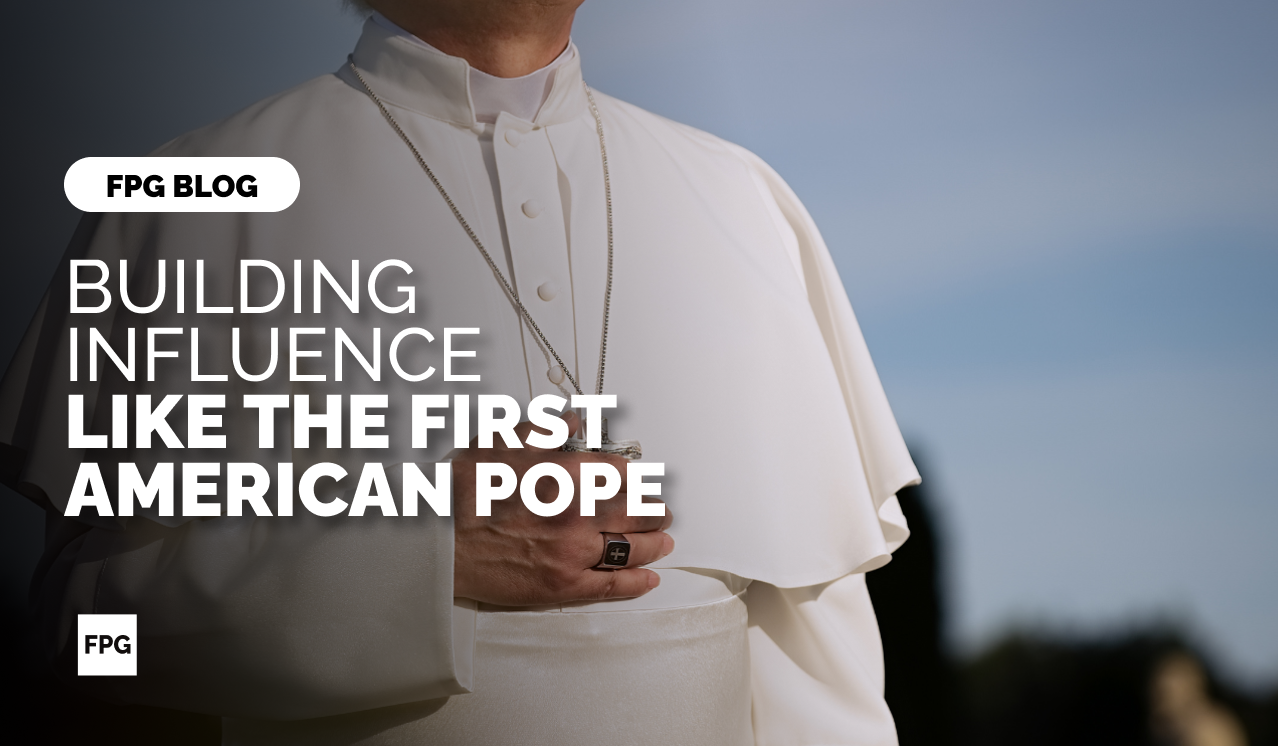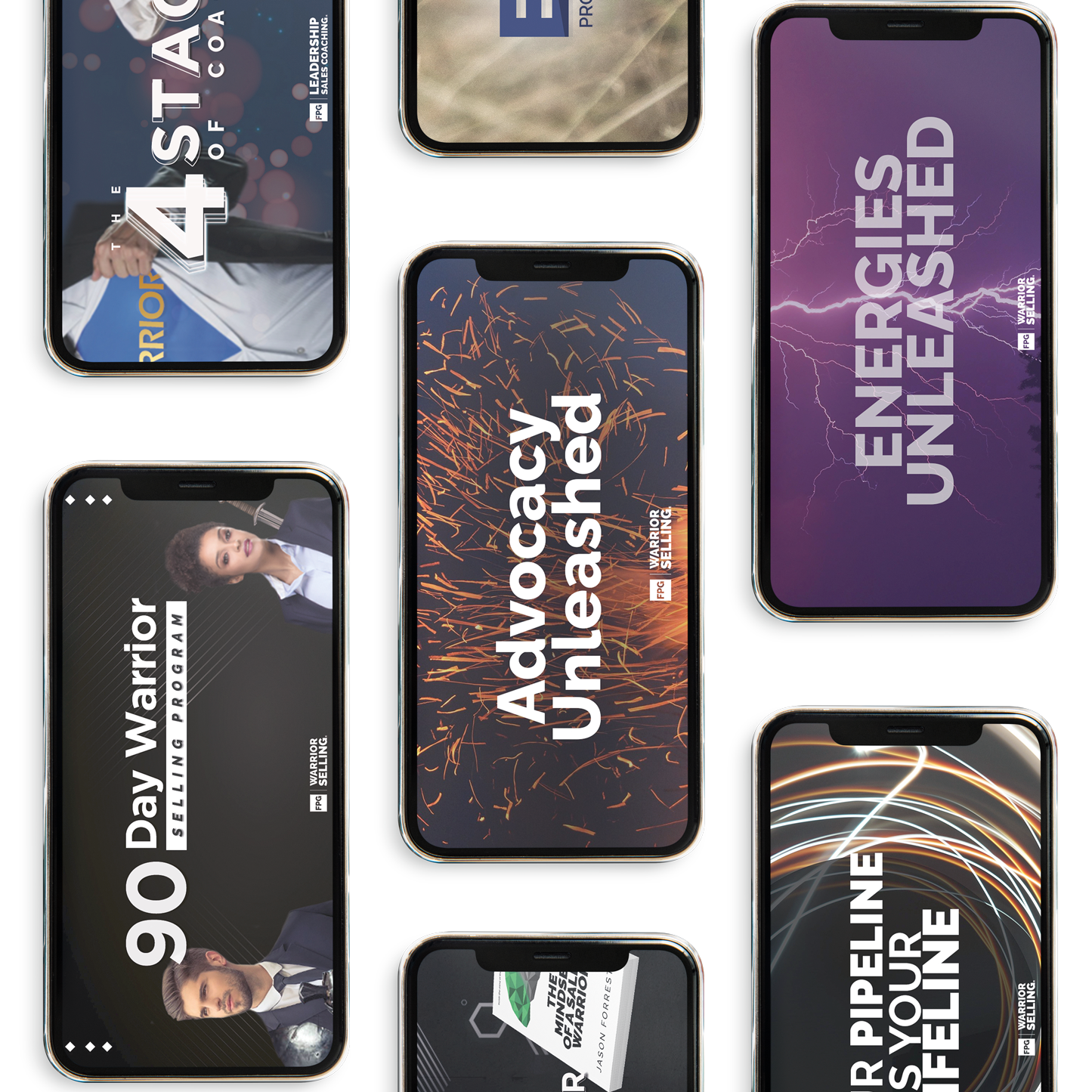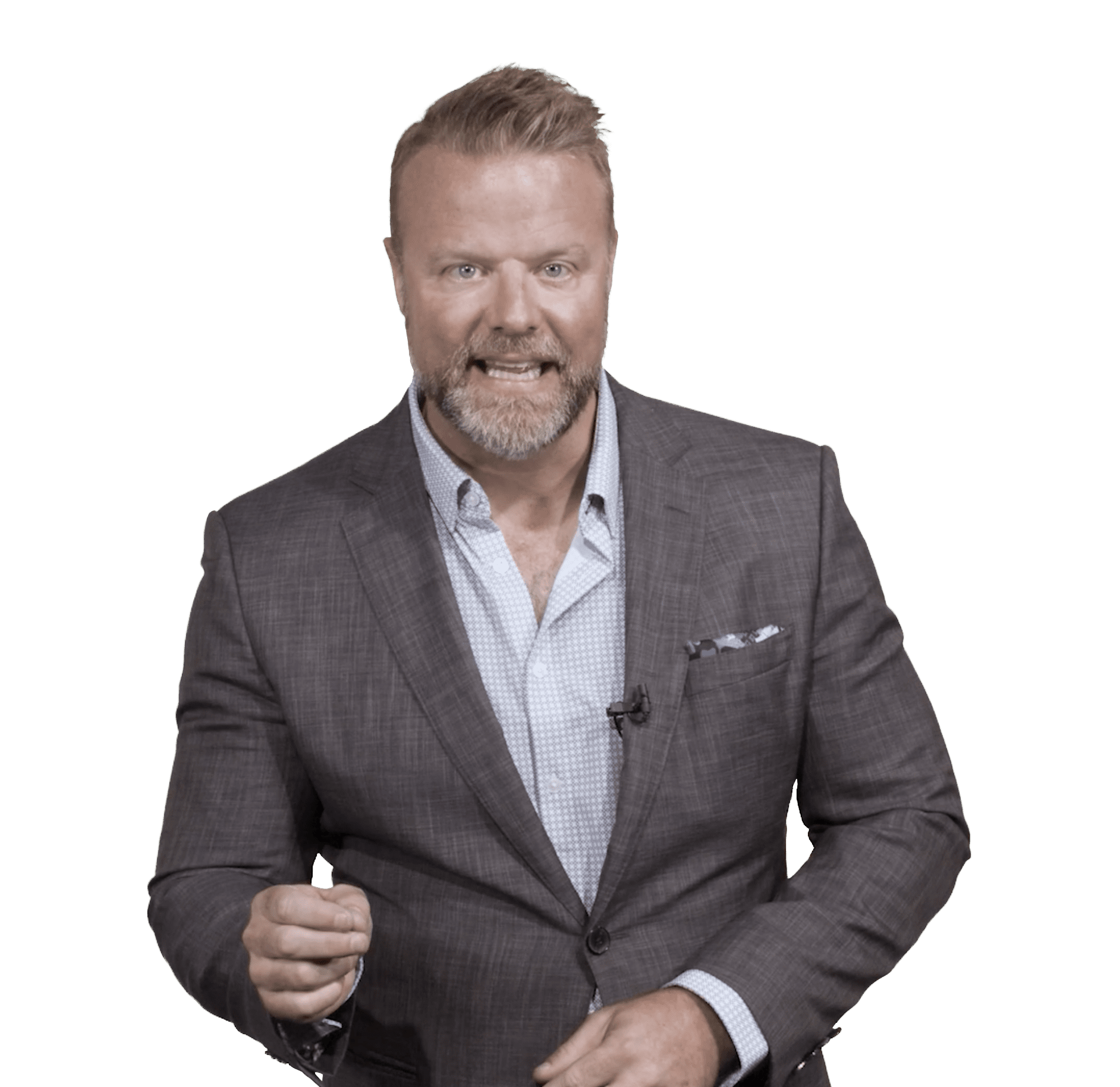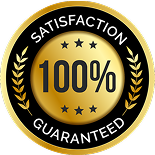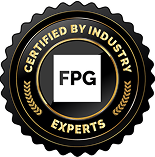Pope Leo XIV’s election marked a historic shift for the Catholic Church. But it also offers insight into leadership today. As the first American to lead the Vatican, his story serves as a mirror for modern sales leaders. It shows how influence emerges not from position but from presence, process, and transformation. In today’s sales environment, these traits matter more than ever.
Markets have changed. Buyer expectations are evolving. Quotas are rising. In this landscape, positional authority means little. Sales leaders must prove value in how they guide, coach, and develop others. Pope Leo’s rise was not about status. It was about consistent service, credibility, and clarity. The same is true in successful sales teams.
Table of Contents
- Influence Begins with Process
- Presence Is More Than Visibility
- Transformation Through Chunking
- The Levels of Leadership
- Onboarding With Intention
- Coaching Is the Most Valuable Tool
- Sustainable Performance Requires a System
- Emotional Intelligence in Leadership
- Culture Is a Daily Decision
- Real Leadership Produces Lasting Change
Influence Begins with Process
Pope Leo built trust over decades. He created systems that aligned people toward a common goal. Sales leaders must do the same. Influence today depends on repeatable actions that create reliability. That reliability builds momentum. Over time, momentum builds results.
Sales coaching is not a one-time event. It is a structured process. Leaders who succeed in 2025 use frameworks, not force. They create rhythms of feedback, development, and progress. Without this foundation, teams drift. Performance dips. Attrition rises. With it, clarity increases, and execution sharpens.
Strong process outperforms instinct. Pope Leo focused on institutional development. Likewise, sales leaders should build systems that operate beyond their presence. Consistency beats charisma. What matters most is what continues when leaders step away.
Presence Is More Than Visibility
Many assume leadership is about being seen. But presence is about showing up with intention. It means acting with purpose, not just being available. Pope Leo understood this deeply. His visits to underserved regions were more than symbolic. They reflected strategic care.
Sales leaders often spread themselves too thin. Real presence means showing up where it counts. Coaching moments. Difficult conversations. New hire training. Those touchpoints shape culture. They build confidence. They drive performance in ways metrics cannot.
Sales team training depends on presence. When leaders model calm, focus, and clarity, others follow. Pope Leo’s demeanor shaped how others responded to him. Sales leaders have the same effect on their teams. Presence sets the tone for growth.
Transformation Through Chunking
One principle from FPG’s coaching framework is chunking. It breaks down large goals into smaller, manageable steps. Pope Leo used a similar approach. He addressed complex reforms through incremental progress. That made change more attainable.
Sales teams benefit from this same structure. Telling a rep to “close more” is vague. Coaching them through each part of a sales conversation is productive. It reduces confusion and builds confidence. Over time, small wins become habits.
Chunking allows leaders to simplify the complex. This increases speed to impact. It also helps salespeople feel capable. They begin to see success as possible. That belief fuels consistency. In uncertain markets, consistency becomes a competitive edge.
The Levels of Leadership
FPG outlines leadership in levels. First is leading oneself. Then others. Then leading leaders. The final level is leading culture. Each level demands a different focus. Pope Leo mastered this progression.
He began by refining his personal discipline. Over time, he built influence with peers. Eventually, he shaped how others led. Finally, he impacted global Church culture. Sales leaders must follow a similar path. Skipping levels creates instability.
Leading culture is the pinnacle. It means shaping behaviors, values, and expectations. In sales, this includes how reps treat customers. How they respond to pressure. How they coach each other. Culture becomes self-reinforcing. That begins with how leaders lead.

Onboarding With Intention
Onboarding is not paperwork. It is the moment a rep decides who they will become. Pope Leo knew early formation determined long-term impact. Sales leaders must think the same way.
The first 90 days shape everything. Reps learn what matters by what is emphasized. If coaching is consistent, growth becomes expected. If training is clear, confidence grows. If values are reinforced, culture sticks. This creates long-term productivity.
Sales team training should begin with mission clarity. Why does this team exist? Who do we serve? How do we win? When onboarding starts with purpose, reps align more quickly. They understand how to contribute. That clarity reduces ramp time and increases retention.
Coaching Is the Most Valuable Tool
In 2025, sales coaching is essential. Not optional. Not occasional. Sales leaders must coach as part of their core function. Coaching means asking, observing, and guiding. Not solving every problem. But shaping how others solve their own.
Pope Leo led through reflection and inquiry. He guided others by helping them think, not telling them what to do. Sales leaders who coach this way grow independent thinkers. They produce problem-solvers, not order-takers.
Sales coaching requires presence and process. It requires chunking and patience. It reinforces culture. Done well, it multiplies capacity. Teams become more capable. Results improve without burnout. Coaching is not a nice-to-have. It is how performance becomes sustainable.
Sustainable Performance Requires a System
Short-term gains are not enough. Sales leaders in 2025 must build for durability. That means creating systems that support sustainable performance. Pope Leo’s reforms were not fast. They were steady. They endured because they were built with purpose.
Sales teams can only scale when systems are in place. This includes forecasting routines, training cadences, and cultural rituals. It is not about adding complexity. It is about adding clarity. Systems reduce uncertainty. That creates room for innovation.
When teams understand what to expect, they perform with greater confidence. That stability also attracts better talent. People want to grow where expectations are clear and leaders are consistent. A structured system supports excellence.

Emotional Intelligence in Leadership
Modern sales leadership demands more than strategy. It also demands emotional intelligence. Pope Leo excelled in this area. He listened first. He adjusted his message for his audience. He used empathy to connect.
Sales leaders should adopt the same approach. Empathy does not replace accountability. But it improves communication. Teams need leaders who see the whole picture. That includes pressures, strengths, and emotions. Emotional awareness strengthens trust.
When trust increases, so does collaboration. Feedback becomes easier. Conflict becomes constructive. Sales coaching becomes more effective. Emotional intelligence is not a soft skill. It is a strategic advantage.
Culture Is a Daily Decision
Culture does not happen by accident. It is shaped by daily decisions. Pope Leo influenced culture through his example. He repeated what mattered. He rewarded alignment. Sales leaders shape culture the same way.
The values repeated in team meetings matter. The behaviors recognized and celebrated matter. The tone used during coaching sessions matters. Culture is always forming. The only question is whether it is intentional.
In 2025, culture is not separate from performance. It is how performance becomes consistent. Culture answers the question: how do we win around here? That answer must be reinforced every day. By every leader.
Real Leadership Produces Lasting Change
Pope Leo’s legacy will not be based on one decision. It will be measured by the culture he shaped. Sales leaders should aim for the same. Not short-term wins. But long-term change. That comes from clear process, purposeful presence, and daily coaching.
Leadership development today requires intentional systems. It also demands leaders willing to reflect and grow. Those who rely on position will fall behind. Those who build process will thrive. The future belongs to sales leaders who choose transformation over control.
FPG supports this kind of leadership. Through structured sales coaching and training, teams become aligned and accountable. Leaders learn how to build other leaders. And culture becomes a competitive advantage.
Sales leadership in 2025 is not about control. It is about clarity. It is not about pressure. It is about preparation. The lesson from Pope Leo XIV is clear. Leadership is a process of service. And that process changes everything.

At FPG We’ll Coach and Train Your Sales Team Like They’re Our Own
Gain a competitive edge with FPG’s expert solutions in Sales Training, and Sales Management Training. Experience rigorous candidate screening, process-driven training that resonates, and transformative leadership that drives significant revenue increases. Give yourself an advantage and start your journey to higher sales and unparalleled success with FPG. Reach out to us today!
Ready to revolutionize your sales team?
Elevate your recruitment, training, and leadership with our expert guidance. Say goodbye to stagnant sales and hello to unprecedented success! Book a Meeting today and take the first step towards dominating your market!

